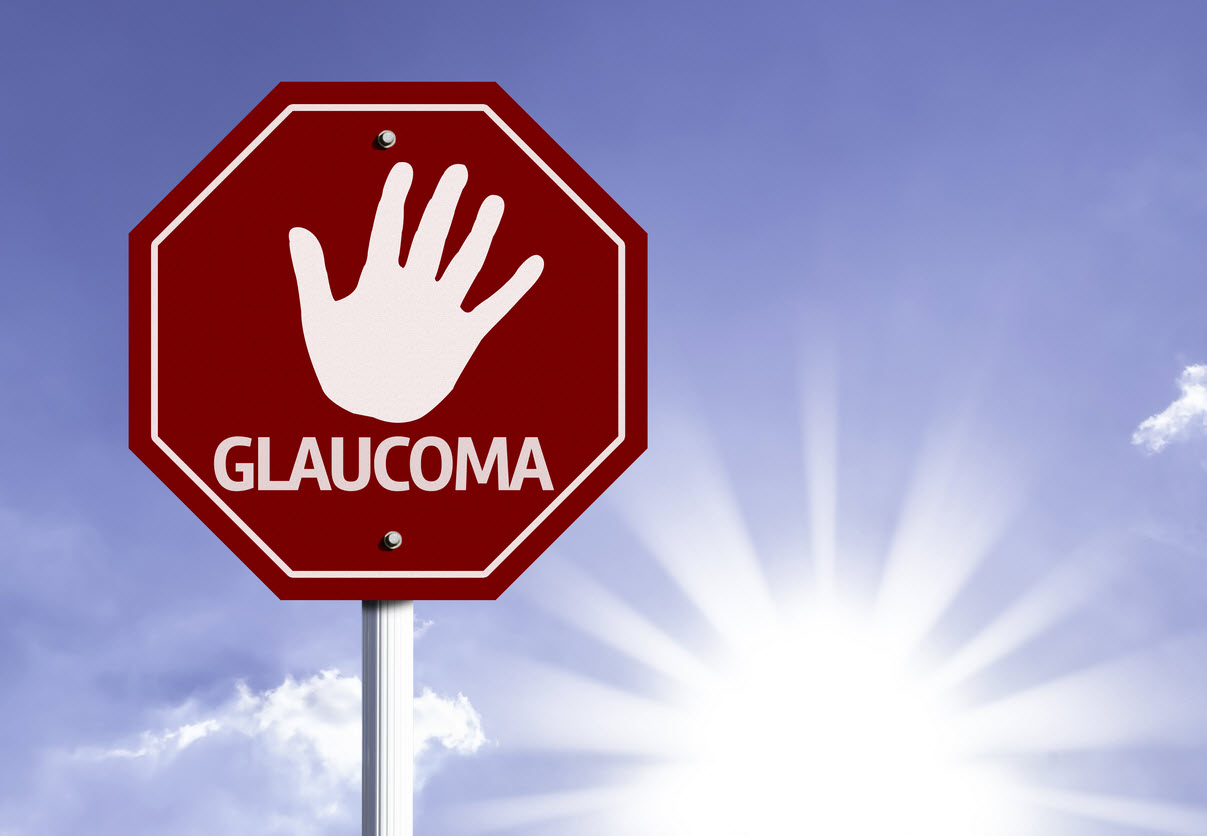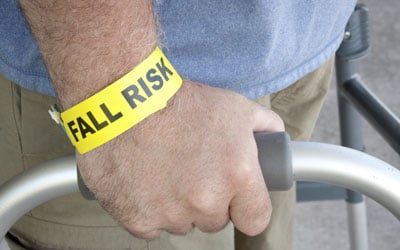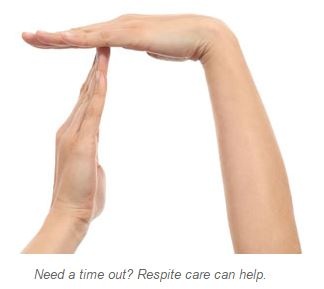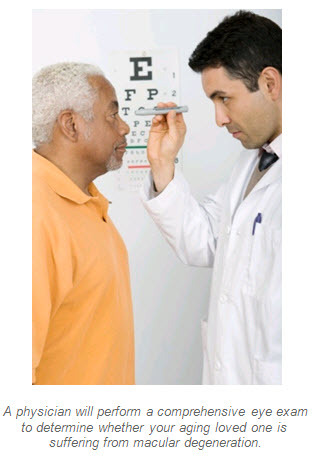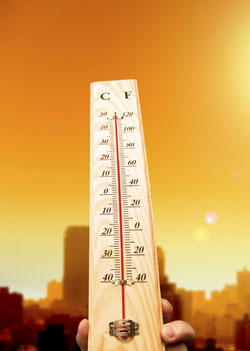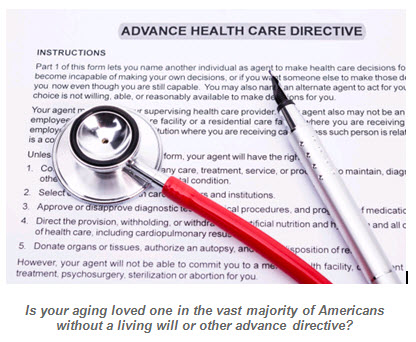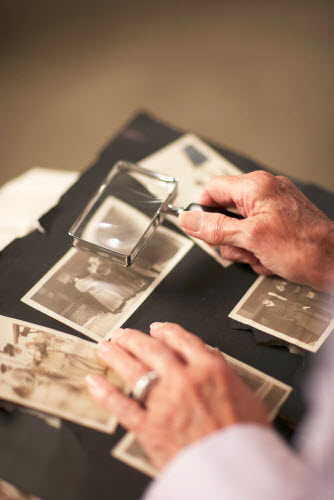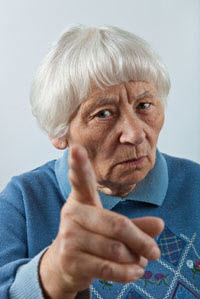The risk of severe eye issues increases significantly after the age of 65, according to a special report on aging and vision loss from the American Foundation for the Blind. Glaucoma, along with age-related macular degeneration, cataracts, and diabetic retinopathy, earns a spot among the four leading eye diseases. Let's take a closer look at this common condition, along with what seniors and their caregivers can do to promote optimal vision and quality of life.
About Glaucoma and Aging Eyes
Glaucoma comprises a group of diseases that cause vision loss by damaging the eye's optic nerve. There's no single type of glaucoma, although many forms -- including the most common types, primary open-angle glaucoma (POAG) and angle-closure glaucoma (ACG) -- involve a problem with the eye's drainage system in which fluid drains too slowly leading to buildup, pressure, and eventual damage to the optic nerve and surrounding parts of the eye. If left untreated, loss of vision can occur.

